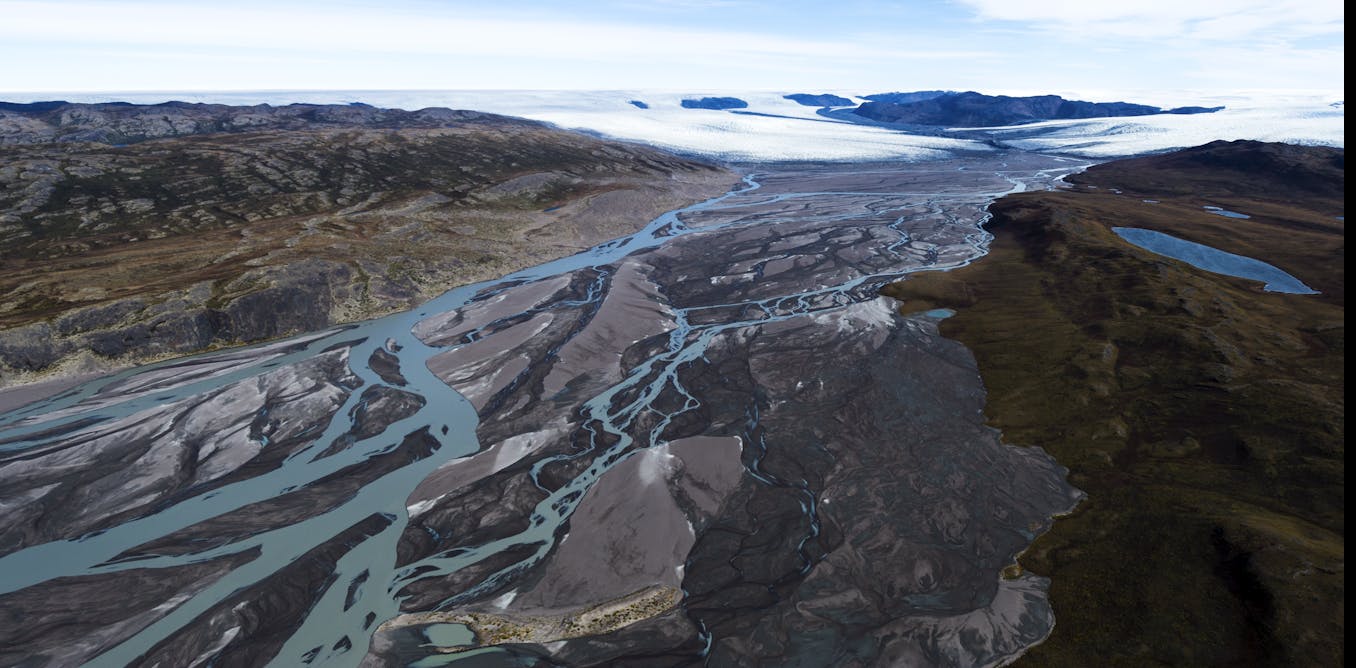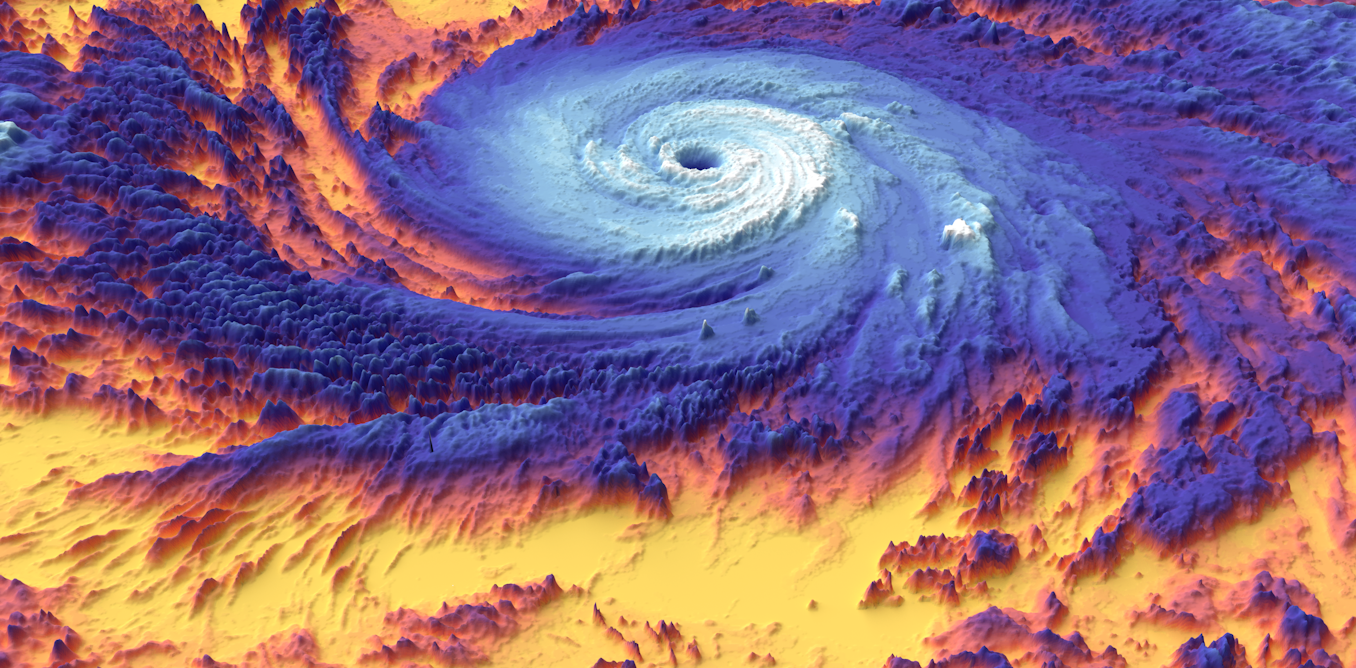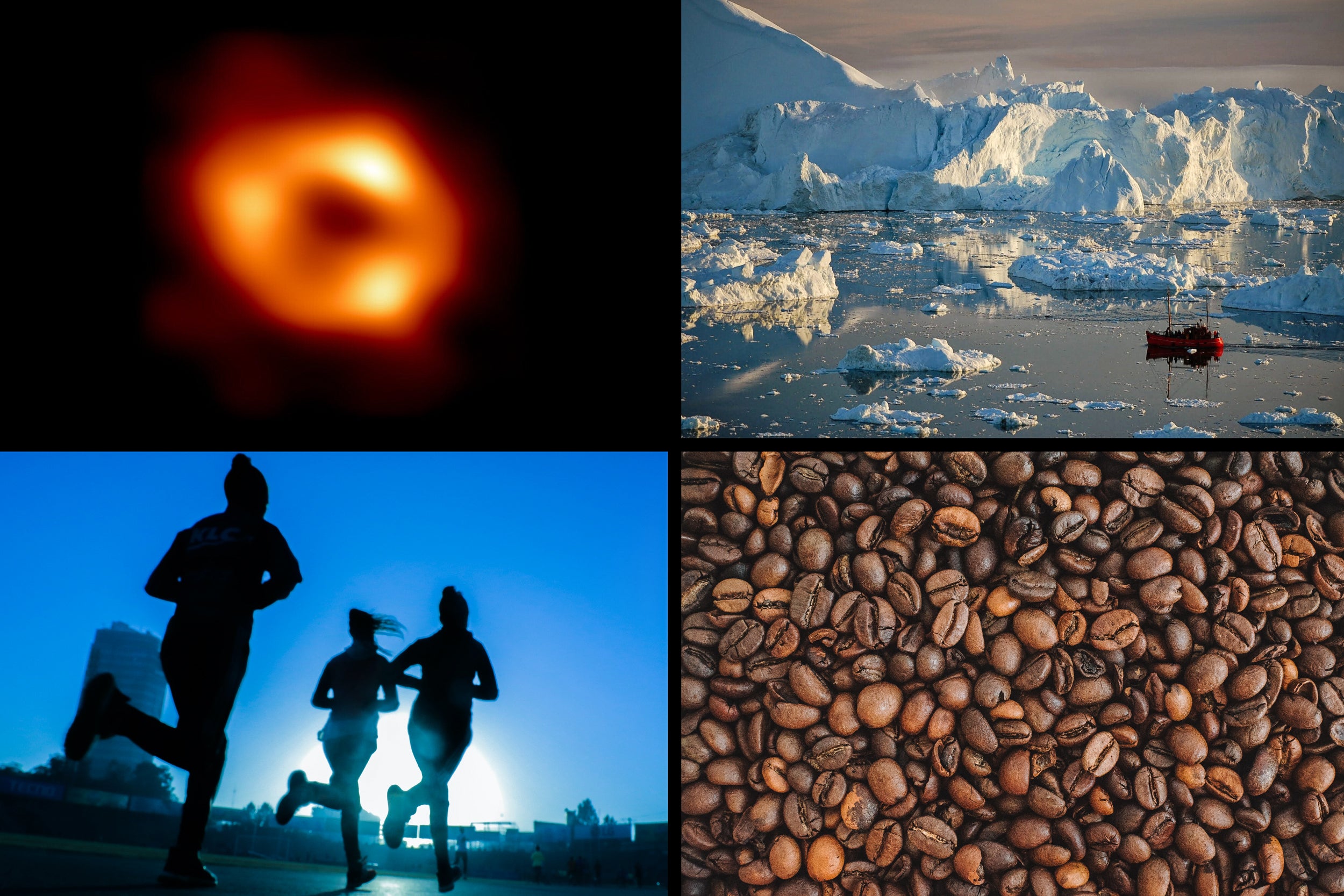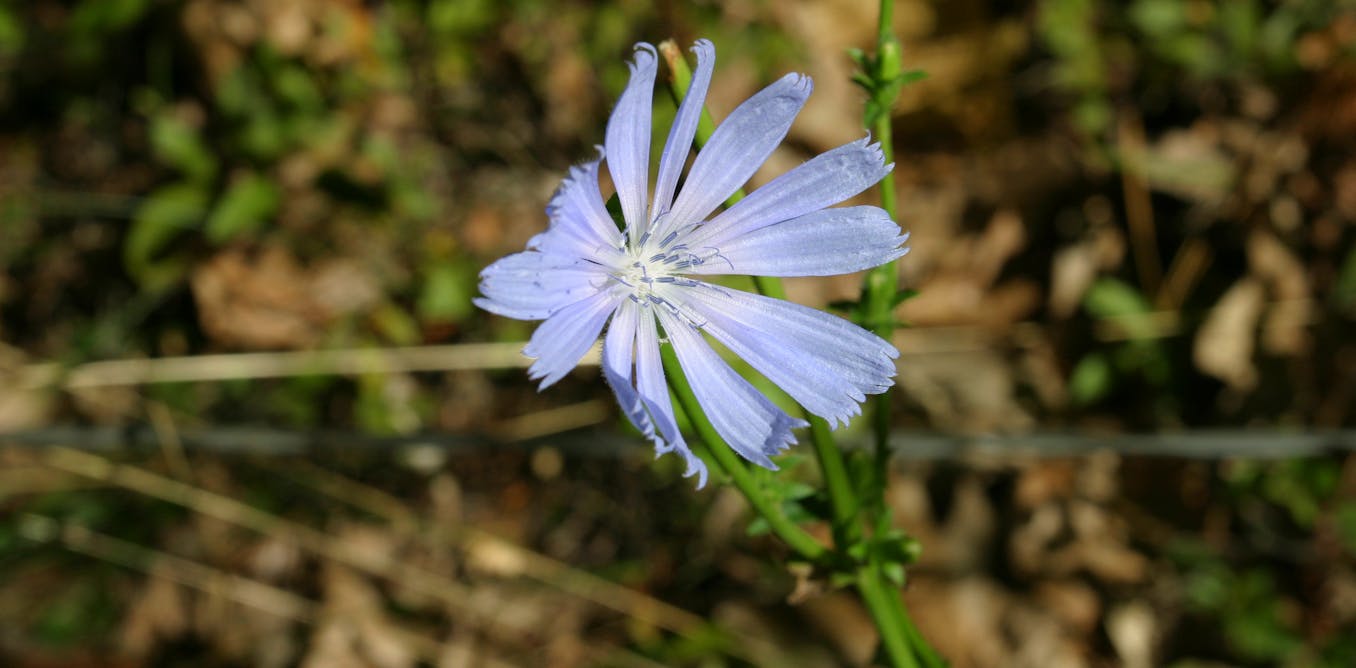Early COVID-19 research is riddled with poor methods and low-quality results − a problem for science the pandemic worsened but didn’t create
Pressure to ‘publish or perish’ and get results out as quickly as possible has led to weak study designs and shortened peer-review processes.
Feb. 23, 2024 • ~10 min









